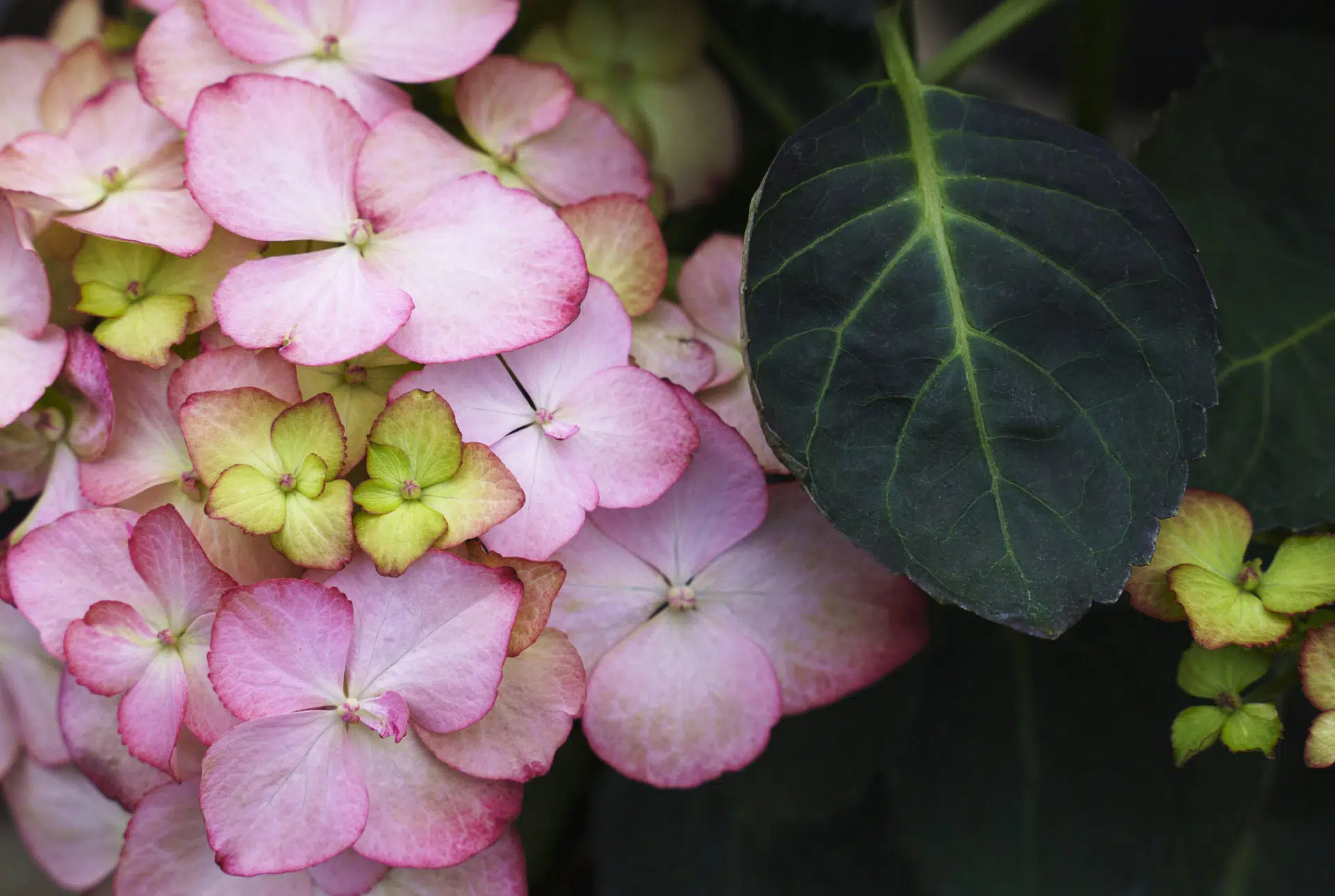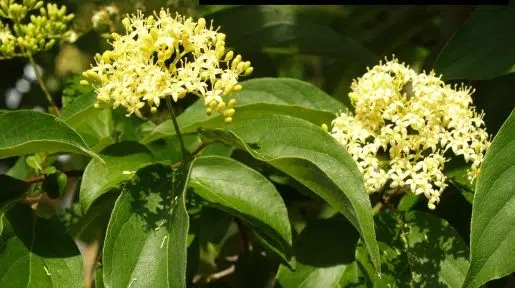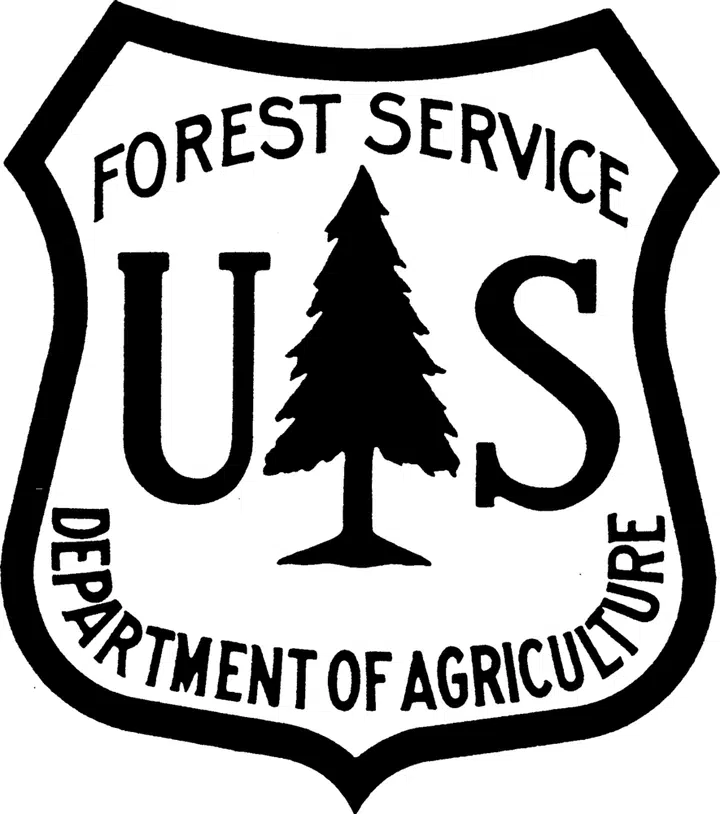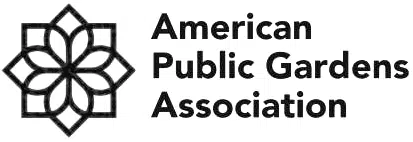Nature Profiles

Looking for something in particular? Click here to search.

Dryopteris goldiana
Goldie’s wood fern
A deciduous fern, Goldie’s wood fern occurs in moist, rich soil in cool woods. Reaching a height of 3-5 feet, it is one of the largest Dryopteris in Ohio. The spores occur on the... more

Cornus drummondii ‘Lemon Drop’
Grey dogwood
The dogwood selection is easily grown in a wide range of soils in full sun to part-shade. In late summer and early fall the fruit develop into clear yellow that contrast nicely against... more

Cercis canadensis ‘Covey’
Weeping redbud
According to Missouri Botanical Garden “'Covey’ is a very small weeping cultivar noted for its absence of an upright leader and for its dense umbrella-shaped crown with contorted stems and... more

Carex plantaginea
Seersucker sedge
Carex plantaginea is an attractive, clump forming woodland sedge that will perform well in partly shaded moist, humus-rich woods. It can tolerate difficult dry conditions once established. The leaves are broad and semi-evergreen with a striking lime green color and puckered surface and provide a nice textural aspect in a... more

Camassia scilloides
Wild hyacinth
This flood plain and moist prairie plant is a member of the lily family and is characterized by small bulbs, like those of a small tulip in size and shape. Light blue-violet flowers begin to bloom in late May and progress from the bottom toward... more

Baptisia australis
Blue false indigo
The perennial features bluish purple, pea-like flowers which appear in late spring. The flowers appear to sit atop a mound of bluish green foliage. It is easily grown in average, dry to medium, well-drained soil in full sun and is exceptionally drought tolerant once established. Blue false... more

Asclepias incarnata 'Ice Ballet'
Swamp milkweed ‘Ice Ballet’
A white flowering version of swamp milkweed, it is easily grown in medium to wet soils in full sun but is also tolerant of average well-drained soils in cultivation. 'Ice Ballet' is a compact, white-flowered form... more

Arisaema dracontium
Green dragon
Arisaema dracontium is similar to Jack-in-the pulpit, except green dragon usually has only one large, compound leaf divided into 7-15 lance-shaped leaflets. In addition, the spadix is green and lacks the distinctive purple striping of Jack. ... more

Arisaema triphyllum
Jack-in-the-pulpit
Instead of the normal petal arrangement, the flowers of this family have an unusual form. The “jack” (spadix) is a 2-to-3-inch erect club which sits inside a green or purplish hood, the “pulpit” (spathe). ... more

Anemone canadensis
Canada anemone
This is a strong growing plant that needs room to move. White single flowers bloom from mid spring to early summer. This competitive plant is great for naturalizing a large area and will brighten up woodland edges... more

Aesculus flava
Yellow buckeye
Yellow buckeye is the largest of the buckeyes. It has an irregular to upright-oval crown and is considered a canopy tree. If left to achieve its natural form, the sturdy branches will commonly sweep the ground. The bark often exfoliates with... more

Acer x freemanii ‘Celebration’
Freeman’s Maple
The selection has a contoured, upright, uniform branching structure with a good central leader and rarely requires pruning to maintain its naturally symmetrical form. It's known for being disease resistant, tolerant of urban pollution... more

Ulmus americana
American elm
American elm (Ulmus americana) is prized for its adaptability, ease of transplanting, fast growth, and its vase-shaped habit. It is a favorite nesting tree of the Baltimore oriole. The foliage... more

Syringa vulgaris
Common lilac
Native to the Balkans in southeastern Europe, Syringa vulgaris (common lilac) is a member of the olive family (Oleaceae), which also includes Fraxinus (ash), Chionanthus (fringe tree), Ligustrum (privet), and... more

Chionanthus virginicus
White fringetree
Chionanthus virginicus, white fringetree is a beautiful shrub or small tree belonging to the olive family, which includes lilacs, forsythia and ash trees (Fraxinus). The genus Chionanthus (kye-oh-NANTH-us) has 60... more

Itea virginica ‘Henry’s Garnet’
Virginia sweetspire
Belonging to the family Iteaceae, the genus Itea contains 29 species, 28 of which are native to Asia and Africa. Itea virginica grows naturally only in wetlands from New Jersey,... more

Cladrastis kentukea
American yellowwood
Cladrastis (klad-RAS-tis) kentukea is a very uncommon yet beautiful tree first discovered in the Cumberland region of Tennessee by French botanist André Michaux in 1796. It may still be found... more

Fothergilla
Fothergilla
Fothergilla is a charming shrub native to the southeastern United States. The name of the genus, which has also become the common name, honors John Fothergill (1712-1780), a Quaker physician... more

Betula nigra
River birch
A tree that merits attention, river birch has a graceful habit with arching slender branches and attractively peeling young bark. Betula nigra is native to Ohio, but can be found... more

Erica and Calluna
Heath and Heather
Erica and Calluna are charming shrubs in the heath family (Ericaceae). They are native to the moors, mountains and woods of Europe, Africa and western Asia. Heaths (Erica) contain more... more

Acer palmatum
Japanese maple
A beautiful small tree with gorgeous foliage and refined habit, Japanese maple is prized by landscape designers from east to west. The native range of Acer palmatum includes the islands... more

Pinus strobus
Eastern white pine
Pinus strobus is The Holden Arboretum’s most majestic evergreen. The white pines on Little Mountain can be seen three miles away from Holden’s Conifer Collection at the intersection of Kirtland-Chardon... more

Ginko Biloba
Ginko Biloba
Ginkgo is a unique tree. It belongs to a group of seed plants that flourished before the evolution of flowering plants. With the exception of humans, the creatures that dispersed... more

Carya ovata
Shagbark hickory
Carya ovata, a ruggedly handsome tree, is native to eastern North America from Iowa to Quebec, south to Texas and Georgia. Disjunct populations occur in the mountains of northeastern Mexico.... more
People for Trees™
Make a difference in
your own backyard.
Plant and care for a tree beginning with making a pledge. We will support each pledge with easy-to-follow instructional toolkits, guidance on how to select the most appropriate tree and where to purchase it, free virtual classes and other ongoing support.
Make a pledgeWhat can we help you find?
Popular searches:




